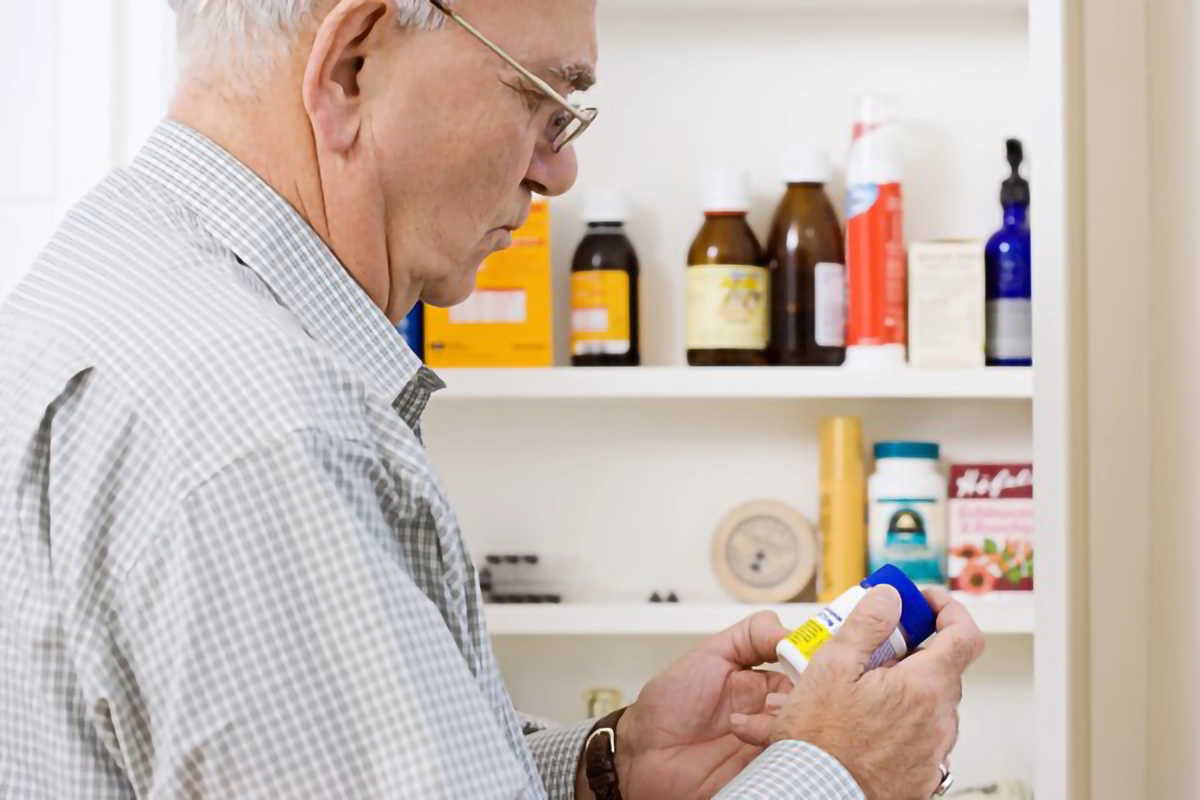We use cookies to help provide you with the best possible online experience.
By using this site, you agree that we may store and access cookies on your device. Cookie policy.
Cookie settings.
Functional Cookies
Functional Cookies are enabled by default at all times so that we can save your preferences for cookie settings and ensure site works and delivers best experience.
3rd Party Cookies
This website uses Google Analytics to collect anonymous information such as the number of visitors to the site, and the most popular pages.
Keeping this cookie enabled helps us to improve our website.
Over The Counter Medicines
Prescribing of over the counter medicines is changing
Your GP, nurse or pharmacist will not generally give you a prescription for over-the-counter medicines for a range of short-term, minor health concerns. Instead, over the counter medicines are available to buy in a pharmacy or supermarket in your local community.
Many pharmacies are open during evenings and weekends, so they are a convenient place to get health advice instead of waiting for an appointment at the Practice. Almost all pharmacies have a private consultation room. You can find your nearest pharmacy and get advice and information on how to treat a range of common ailments by visiting the NHS website.
GPs, nurses or pharmacists will also generally no longer prescribe probiotics and some vitamins and minerals. You can get these from eating a healthy, varied and balanced diet, or buy them at your pharmacy or supermarket.

The team of qualified healthcare professionals at your local pharmacy can offer clinical advice to safely and effectively manage minor health concerns. This includes:
- Athletes foot
- Acute sore throat
- Antihistamines
- Conjunctivitis
- Coughs, colds and nasal congestion
- Cradle cap
- Dandruff
- Diarrhoea (adults)
- Dry eyes / sore tired eyes
- Earwax
- Excessive sweating
- Haemorrhoids
- Head lice
- Indigestion and heartburn
- Infant colic
- Infrequent cold sores of the lip
- Infrequent constipation
- Infrequent migraine
- Insect bites and stings
- Mild acne Minor burns and scalds
- Mild cystitis
- Mild dry skin
- Mild irritant dermatitis
- Mild to moderate hay fever
- Minor pain, discomfort and fever (e.g. aches and sprains, headache, period pain, back pain)
- Mouth ulcers
- Nappy rash
- Oral thrush
- Prevention of tooth decay
- Ringworm
- Sunburn
- Sun protection
- Teething and mild toothache
- Threadworms
- Travel sickness
- Warts and verruca

Be Prepared
Check your medicine cabinet and make sure you have the following basics to hand when you need them.
Any out-of-date medicines should be returned to your pharmacy:
- Painkillers (tablets and liquids), such as paracetamol or ibuprofen
- Antihistamines for allergies
- Rub-on painkilling gel
- Oral rehydration sachets
- Indigestion remedies
- Laxatives
- Anti-diarrhoea medicine
- Cream or spray to treat insect bites, stings, cuts and grazes
- Plasters and dressings
By keeping a selection of essential medications at home you can treat common conditions in a timely manner, avoid unnecessary trips to see your doctor or visits to A&E. For more information visit the NHS website.
Published: Apr 14, 2025
